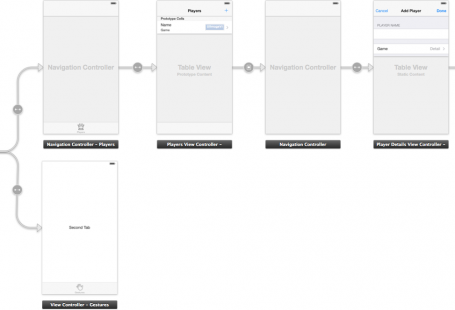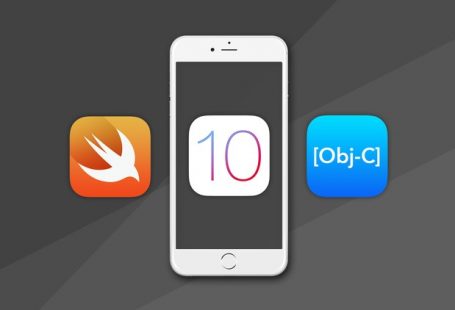In recent years, the concept of homeowner science has gained essential traction, democratizing the process of clinical discovery and research. The following innovative approach involves customers of the general public-regardless of their formal scientific training-in the gathering, analysis, and dissemination of knowledge. For young scientists, specially, citizen science projects provide you with an invaluable opportunity to engage with hands on research, contribute to global medical efforts, and foster a good deeper connection with the technological community. This article explores precisely how these projects are linking the gap between specialized scientists and enthusiastic enrollees, highlighting the benefits and likely of citizen science to get youth engagement.
The Essence connected with Citizen Science
Citizen discipline represents a collaborative model of scientific inquiry that goes beyond geographical, cultural, and educational boundaries. It leverages the main collective effort of volunteers to tackle large-scale researching questions, often in the sphere of environmental science, astronomy, biology, and many others. Through response in these projects, young scientists can gain hands-on practical experience, understand the scientific method actually in operation, and see the direct consequence of their contributions on worldwide research initiatives.
Engaging Youthful Scientists in Global Homework
Numerous platforms and agencies have developed projects specifically designed to help involve young people in homeowner science. These initiatives start from local ecological surveys along with global biodiversity monitoring on the analysis of astronomical records and the tracking of migratory patterns of birds. Through participating, students not only purchase subject matter but also develop important thinking, data analysis, in addition to problem-solving skills.
Examples of Youth-Focused Citizen Science Projects
Entire world Observer: An international science together with education program that allows patients to contribute to global data source of environmental observations. Youthful scientists can engage in jobs focusing on cloud observation, zancudo habitat mapping, and acreage cover classification, among others.
Zooniverse: The world’s largest stage for people-powered research, Zooniverse hosts projects across exercises. Young participants can help indentify galaxies, http://www.futsalveneto.com/modules.php?name=Forums&file=viewtopic&t=54495 transcribe historical papers, or monitor wildlife as a result of camera trap images, adding to cutting-edge research.
eBird: Task management of the Cornell Lab about Ornithology, eBird encourages pet enthusiasts of all ages to report bird sightings. This info contributes to a global database utilised by researchers to study bird circulation and abundance, conservation planning ahead, and species migration behaviours.
SciStarter: An online community focused on improving the citizen knowledge experience for project operators and participants. It logs onto young scientists to thousands of searchable projects, enabling these to contribute to research areas they can be passionate about.
Benefits of Citizen Science for Young Scientists
Enlightening Enrichment: Citizen science undertakings provide practical applications of class room learning, allowing students to use lessons in biology, ecology, physics, and mathematics to hands on situations.
Skill Development: Involvement fosters a range of skills, as well as scientific literacy, technological skills, teamwork, and communication. These types of competencies are invaluable, the two academically and in future employment opportunities.
Environmental and Social Attention: Engaging in citizen science may heighten awareness of environmental troubles and the importance of scientific research in solving global difficulties, fostering a sense of responsibility plus global citizenship among small participants.
Inspiring Future Employment opportunities: Exposure to authentic research encounters can inspire students towards pursue careers in scientific discipline, technology, engineering, and mathematics (STEM) fields, helping to cultivate the next generation of scientists and researchers.
Overcoming Challenges
While person science offers numerous benefits, there are challenges to it has the implementation, such as ensuring records quality and managing substantial, diverse groups of participants. Beneficial training, clear protocols, in addition to robust support systems are very important for addressing these troubles, ensuring that contributions from youthful scientists are valuable together with impactful.
The Future of Citizen Scientific discipline
As technology advances along with access to scientific resources increases, the potential for citizen science definitely will continue to grow. Mobile unconstrained, online platforms, and electric tools are making it easier than ever for young people to take part in and contribute to scientific research from anywhere in the world. Looking forward, the integration of citizen science in formal education systems may possibly further enhance its affect, embedding these projects towards curricula to enrich science training and foster a civilization of inquiry and engaging.
Conclusion
Citizen science plans offer a unique and strong way for young scientists to interact with and contribute to worldwide research efforts. By connecting the gap between specialist scientists and the public, these attempts not only advance scientific awareness but also inspire a new systems of learners to explore the wonders of science. Through begin, you can in citizen science, adolescents can develop a lifelong romance for discovery and make substantive contributions to addressing examples of the world’s most pressing controlled challenges.


